
Ngwenya Border Post: Gateway to Eswatini
Welcome to Ngwenya Border Post, the main entry point between South Africa and the Kingdom of Eswatini. This strategic location is not just a border crossing but a place where cultures meet and journeys begin. Nestled in the scenic landscapes, it offers a unique starting point for exploring Eswatini's rich heritage and natural beauty. As you pass through Ngwenya Border Post, you'll be greeted by the friendly customs officials who ensure a smooth transition into the kingdom. The area around the border is lush and green, with rolling hills and picturesque views that make the wait worthwhile. It's an ideal introduction to the welcoming spirit and serene environment of Eswatini. Ngwenya Border Post is also close to the Ngwenya Glass Factory, a must-visit attraction where you can watch skilled artisans create beautiful glassware from recycled materials. The factory showcases Eswatini's commitment to sustainable and eco-friendly practices, making it a perfect stop for environmentally conscious travelers. Whether you're just passing through or beginning your adventure in Eswatini, Ngwenya Border Post is your gateway to a memorable experience.
Local tips in Ngwenya Border Post
- Ensure you have all necessary travel documents ready for a smooth border crossing.
- Visit the nearby Ngwenya Glass Factory to see amazing recycled glass creations.
- Be prepared for possible wait times, especially during peak travel seasons.
- Bring some local currency for any purchases or services at the border.
Ngwenya Border Post: Gateway to Eswatini
Welcome to Ngwenya Border Post, the main entry point between South Africa and the Kingdom of Eswatini. This strategic location is not just a border crossing but a place where cultures meet and journeys begin. Nestled in the scenic landscapes, it offers a unique starting point for exploring Eswatini's rich heritage and natural beauty. As you pass through Ngwenya Border Post, you'll be greeted by the friendly customs officials who ensure a smooth transition into the kingdom. The area around the border is lush and green, with rolling hills and picturesque views that make the wait worthwhile. It's an ideal introduction to the welcoming spirit and serene environment of Eswatini. Ngwenya Border Post is also close to the Ngwenya Glass Factory, a must-visit attraction where you can watch skilled artisans create beautiful glassware from recycled materials. The factory showcases Eswatini's commitment to sustainable and eco-friendly practices, making it a perfect stop for environmentally conscious travelers. Whether you're just passing through or beginning your adventure in Eswatini, Ngwenya Border Post is your gateway to a memorable experience.
When is the best time to go to Ngwenya Border Post?
Iconic landmarks you can’t miss
Oshoek Border Post
Discover the Oshoek Border Post, where friendly service meets stunning landscapes, welcoming travelers to the heart of South Africa.
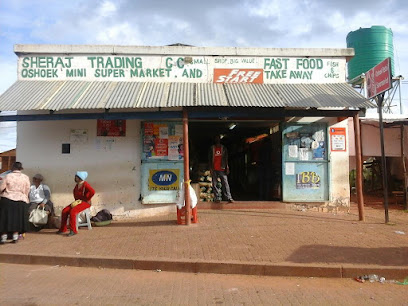
Lion Cavern Ngwenya
Discover the enchanting underground world of Lion Cavern in Ngwenya, a must-visit tourist attraction showcasing nature's stunning geological artistry.
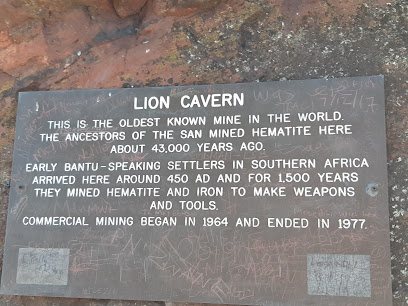
Lavumisa Border Post
Discover the warm welcome of Eswatini at Lavumisa Border Post, your gateway to adventure and cultural exploration in Southern Africa.
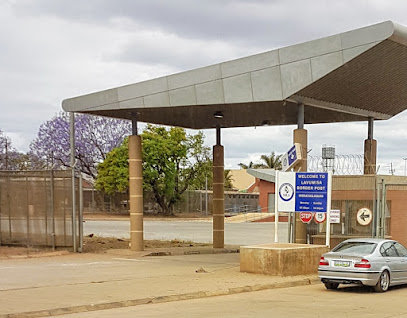
Waverley Border Post
Explore the scenic Waverley Border Post, your gateway to Eswatini's vibrant culture and breathtaking landscapes.
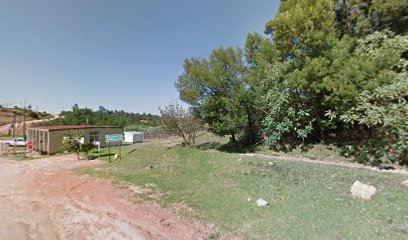
Nsangwini Rock Art
Uncover the ancient stories etched in stone at Nsangwini Rock Art, a captivating cultural heritage site in the heart of Eswatini.
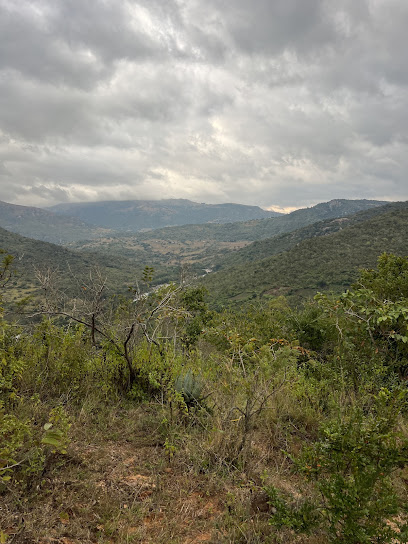
Unmissable attractions to see
Summerfield Botanical Gardens
Explore the serene beauty of Summerfield Botanical Gardens in Mbabane, Eswatini—an oasis of tranquility and natural splendor.
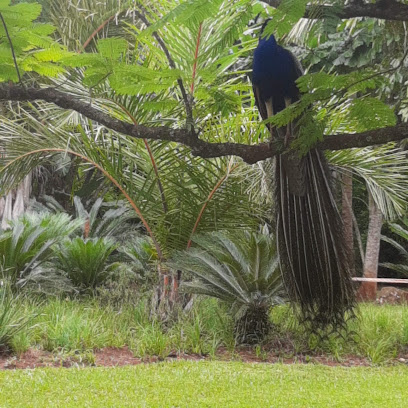
Visit Africa Organization
Uncover the wonders of Eswatini at the Visit Africa Organization, a vibrant hub for culture, heritage, and eco-tourism.
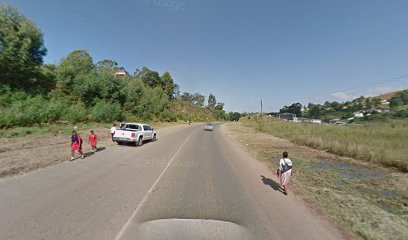
Essential places to dine
Ramblas Restaurant Mbabane
Experience authentic Eswatini cuisine at Ramblas Restaurant Mbabane - where flavor meets hospitality in a cozy setting.
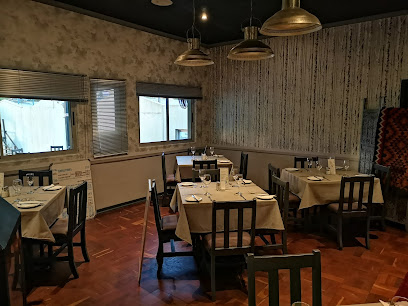
The Velvet Monkey
Discover authentic Italian cuisine at The Velvet Monkey in Lobamba, Eswatini - where each dish tells a story.
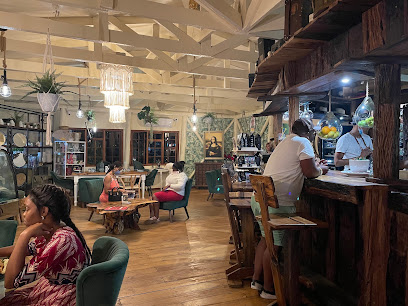
Nando's Manzini
Experience the vibrant taste of flame-grilled peri-peri chicken at Nando's Manzini - a must-visit culinary destination in Eswatini.
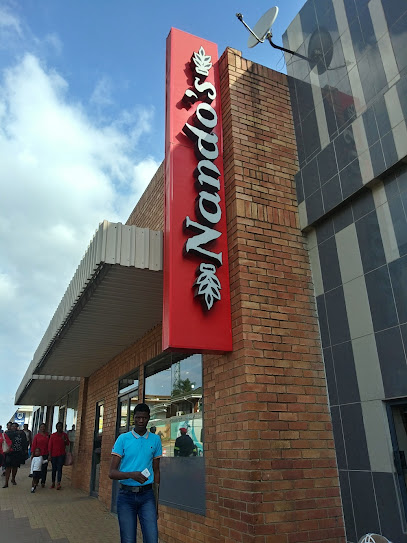
Gil Vicente Restaurant
Experience the authentic flavors of Eswatini at Gil Vicente Restaurant in Manzini - where tradition meets taste.
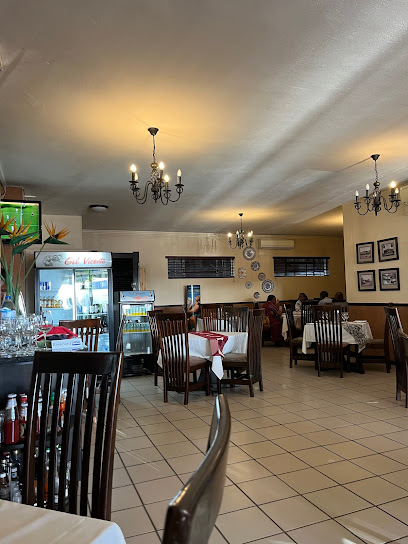
KFC Manzini Arch DT
Experience the ultimate fast food delight at KFC Manzini Arch DT, where crispy chicken meets local charm in Eswatini.
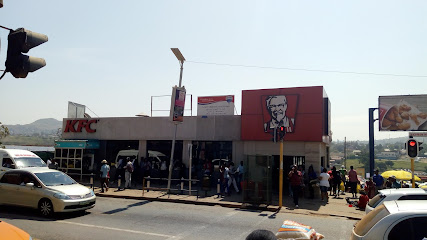
Ngwenya Border Post
Explore the gateway to Eswatini at Ngwenya Border Post - where adventure begins amidst stunning landscapes and rich cultural connections.
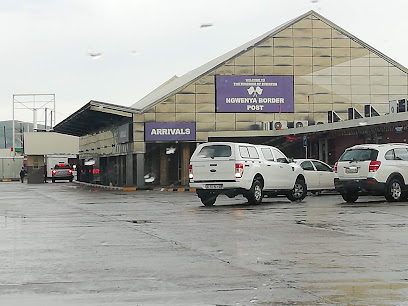
268 JAMS
Experience the rich flavors of Eswatini at 268 JAMS – where local meets global in a delightful dining atmosphere.
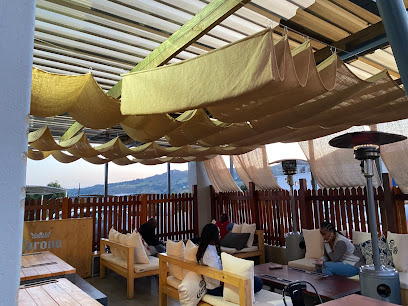
Goggas Nest Bnb and Restaurant
Experience cozy accommodation and authentic Swazi cuisine at Goggas Nest Bnb and Restaurant in Matsapha.
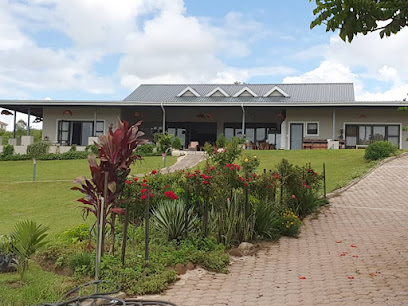
Nando's Ezulwini
Experience the vibrant flavors of South African cuisine at Nando's Ezulwini - where peri-peri chicken meets Portuguese passion.
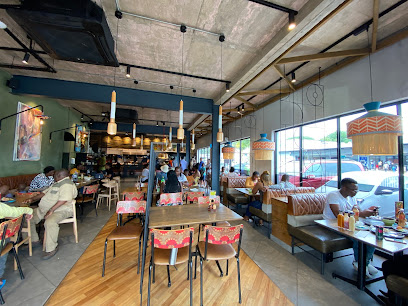
Yoon’s Kitchen
Discover authentic flavors at Yoon's Kitchen in Mbabane - where every dish tells a story of local tradition and culinary excellence.
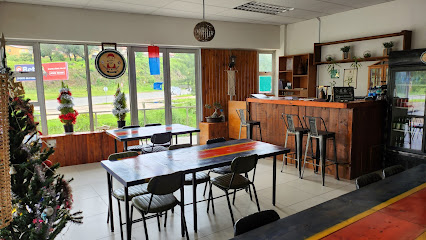
Tandoori Restaurant
Experience the rich flavors of India at Tandoori Restaurant in Mbabane - a delightful culinary escape for all food lovers.
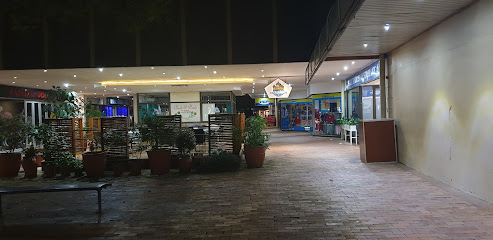
Lismore lodge and restuarant
Experience comfort and delicious cuisine at Lismore Lodge and Restaurant in beautiful Big Bend, Eswatini - your perfect retreat!
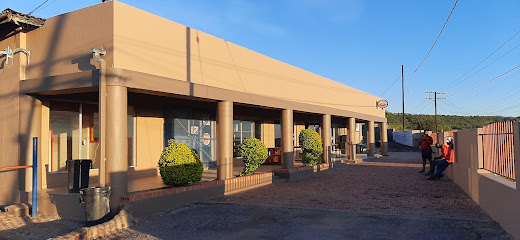
KFC Eswatini Ngwenya
Discover the essence of fast food at KFC Eswatini Ngwenya - where deliciousness meets convenience in every bite.
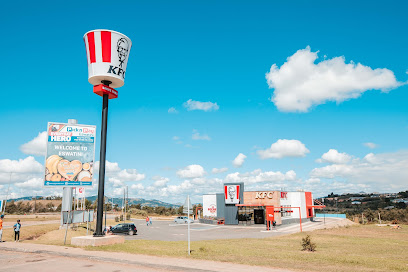
RocoGo Manzini
Experience the best burgers in Eswatini at RocoGo Manzini, where taste meets local charm in every bite.
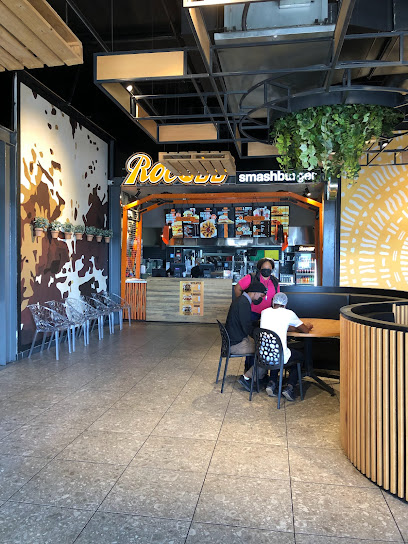
Hippo Haunt
Discover authentic Swazi flavors at Hippo Haunt in Manzini – where every dish tells a story!
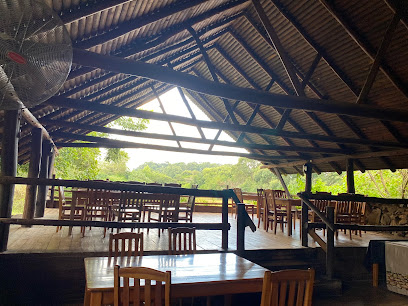
Markets, malls and hidden boutiques
Ngwenya Glass - Eswatini
Explore the enchanting world of Ngwenya Glass, where traditional glassblowing meets local artistry in the heart of Eswatini.
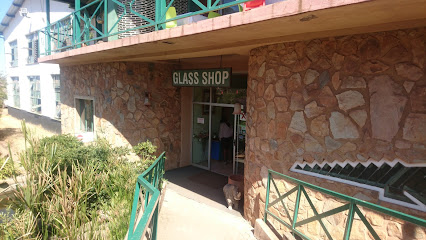
Oshoek Border Post
Discover the cultural crossroads at Oshoek Border Post, a vibrant gateway between South Africa and Eswatini, rich in heritage and scenic beauty.
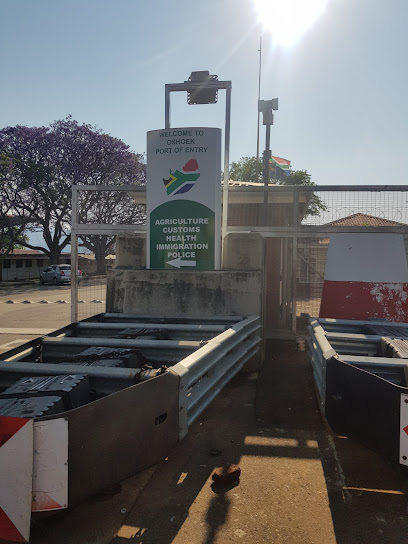
Mantenga Lifestyle & Craft Centre
Explore the Mantenga Lifestyle & Craft Centre, where local crafts, adventure, and culinary delights await in the heart of Eswatini.
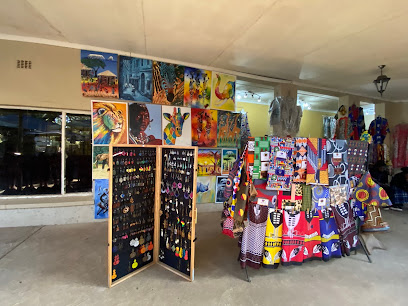
Crown Of A Natural (Obsessories)
Explore unique local crafts at Crown Of A Natural, the premier gift shop in Eswatini, showcasing the rich culture and artistry of the region.
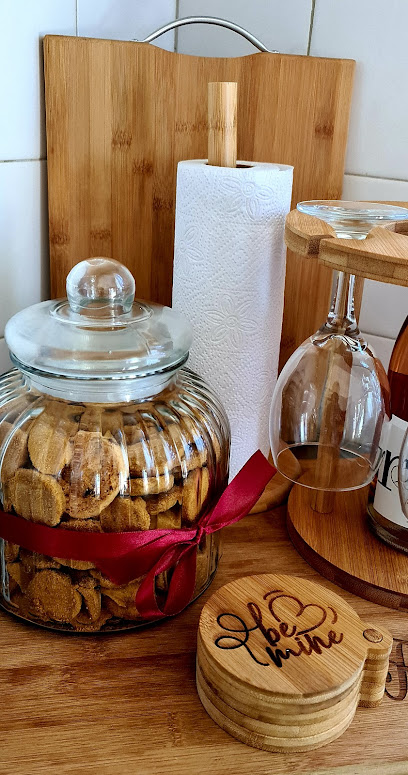
Ngwenya Border Post
Experience the vibrant blend of cultures at the Ngwenya Border Post, the main gateway between Eswatini and South Africa.
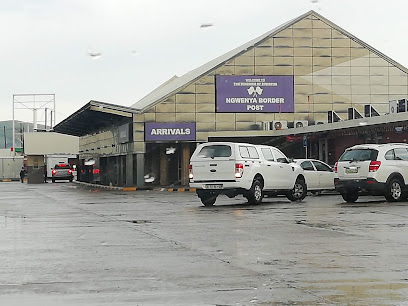
KFC Eswatini Ngwenya
Savor the iconic flavors of KFC at Eswatini Ngwenya, where fast food meets local charm in a vibrant setting.
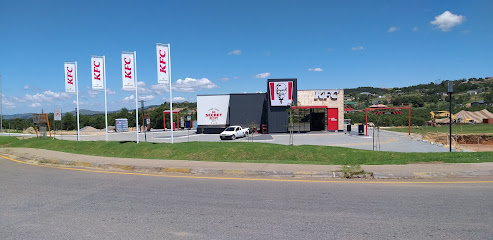
Value Mall
Discover stylish and comfortable baby clothing at Value Mall in Manzini, Eswatini - a must-visit for parents seeking quality fashion for their little ones.
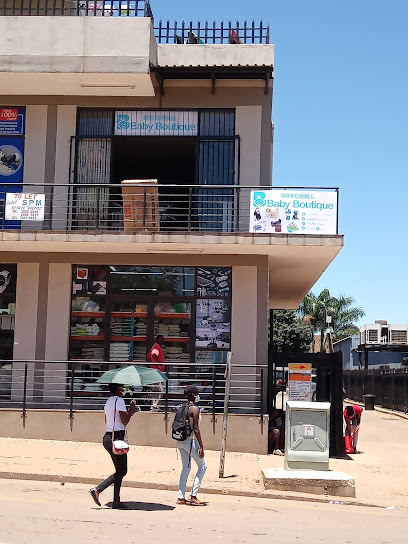
Elshadai Store
Explore the exquisite handcrafted embroidery at Elshadai Store in Manzini, a cultural gem showcasing the artistry of Eswatini.

Swazi shopping
Experience the vibrant culture and unique fashion at Swazi shopping in Manzini, where every purchase tells a story.
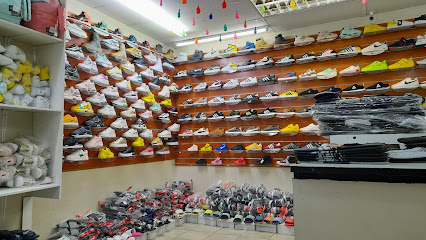
Motjane East, Ngubonkhulu (Davidson) Shopping Complex
Discover the essence of Eswatini at Motjane East Shopping Complex, where local shops and delicious eateries come together in a vibrant atmosphere.
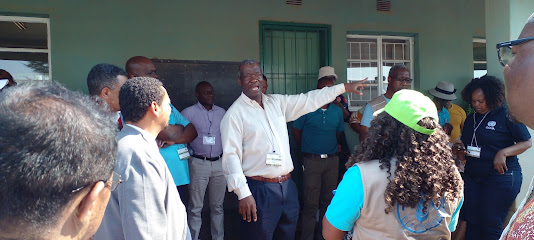
SGONIAN REPUBLIK - SR
Explore the vibrant fashion landscape of Manzini at Sgonian Republik - SR, where unique styles and local artistry come together for an unforgettable shopping experience.

Monique Boutique
Explore Monique Boutique in Ngwenya, Eswatini, for stylish clothing that embodies local culture and vibrant fashion trends.
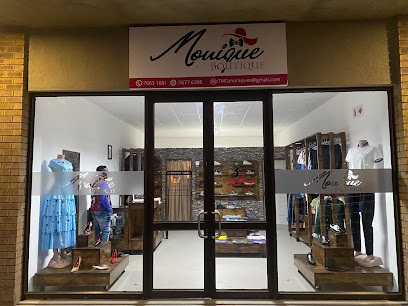
Imvelo Eswatini
Discover the art of scrapbooking in Ngwenya, Eswatini, and create cherished memories with unique crafting supplies and workshops.
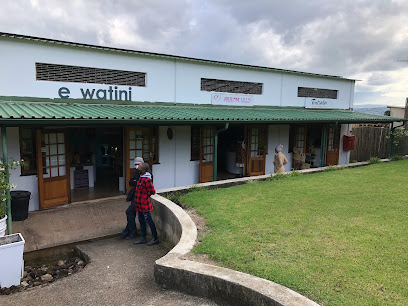
Arrum Lilly
Explore Arrum Lilly in Ngwenya, Eswatini for unique gifts and local crafts that capture the essence of this beautiful region.
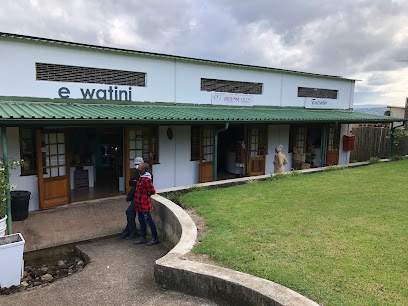
Sibonelo Shopping Centre
Discover the vibrant Sibonelo Shopping Centre in Ngwenya, Eswatini – a perfect blend of shopping, dining, and local culture awaits you.
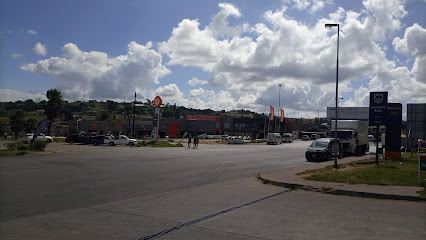
Essential bars & hidden hideouts
Solanis
Experience the vibrant culinary scene at Solanis, a premier grill restaurant in Mbabane offering delicious local flavors and a welcoming atmosphere.
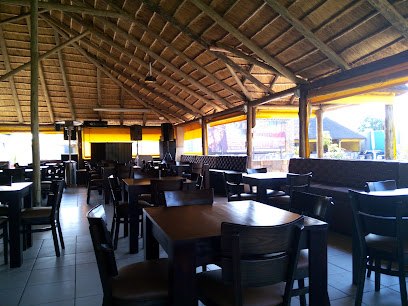
The Albert Millin
Experience the lively atmosphere of The Albert Millin, a top pub in Mbabane, Eswatini, known for its drinks, food, and friendly vibe.
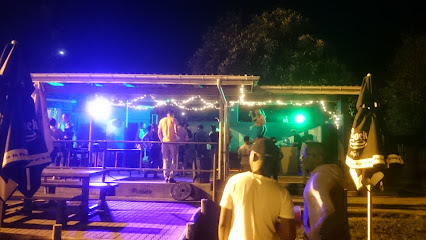
KFC Eswatini Ngwenya
Savor the taste of KFC Eswatini Ngwenya, where fast food meets local flavor in a convenient and welcoming environment.
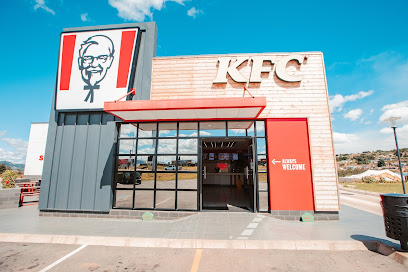
RON-DEH-VOO
Experience the vibrant nightlife at RON-DEH-VOO, Mbabane's top pub, offering a lively atmosphere and a diverse selection of drinks.
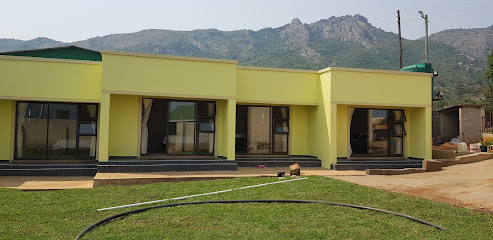
Cozy Corner Bar
Discover the inviting ambiance of Cozy Corner Bar in Mbabane, where refreshing drinks and friendly vibes create the perfect evening out.
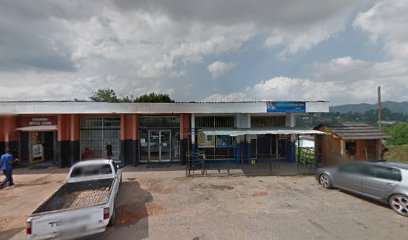
Venue AVVII - Finesse
Discover the lively atmosphere of Venue AVVII - Finesse in Mbabane, where local drinks and vibrant nightlife await your visit.
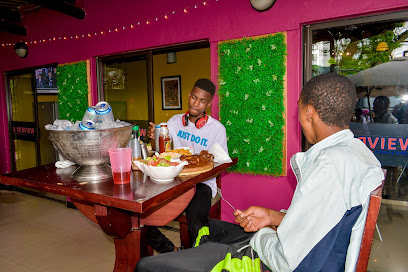
Portuguese Club
Discover the vibrant atmosphere and rich cultural flavors at the Portuguese Club in Mbabane, a perfect spot for relaxation and socializing.
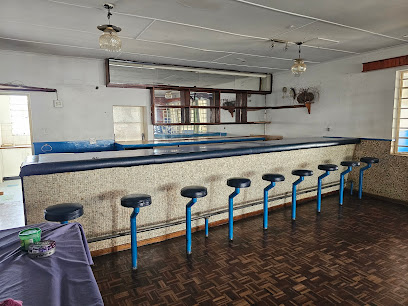
Ngwenya Glass Coffee Shop
Discover the enchanting Ngwenya Glass Coffee Shop, where handcrafted glass artistry meets delightful culinary experiences in the heart of Eswatini.
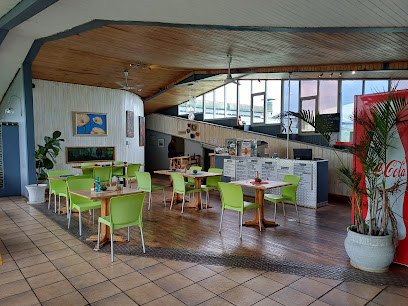
23:28 Lounge
Experience the vibrant nightlife of Mbabane at 23:28 Lounge, where great drinks and live music create unforgettable memories.
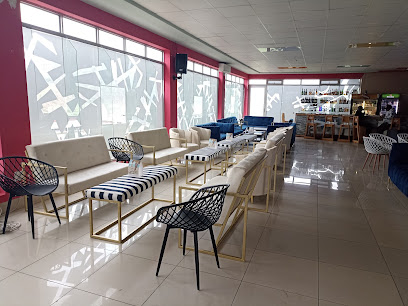
O'Reilly's Bar
Experience the warmth of Eswatini's hospitality at O'Reilly's Bar in Mbabane, where cozy ambiance meets delightful drinks.
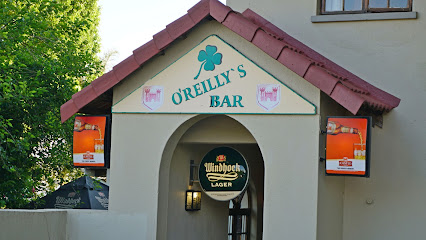
The Pit Stop Bottle Store & Bar
Experience the vibrant local culture at The Pit Stop Bottle Store & Bar in Mbabane, where drinks and stories flow freely in a welcoming atmosphere.
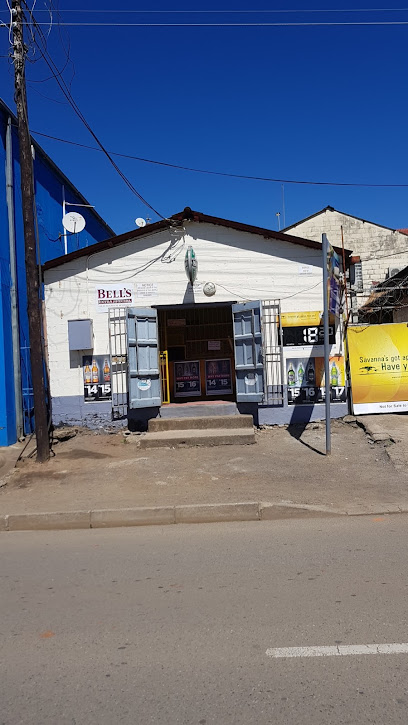
Game On
Discover the vibrant nightlife at Game On, a bar in Mbabane offering a lively atmosphere, diverse drinks, and engaging entertainment for tourists and locals alike.
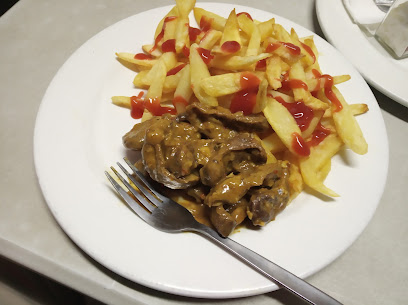
The View Lounge
Experience breathtaking views and relaxation at The View Lounge in Mbabane, the perfect retreat for travelers seeking serenity and style.
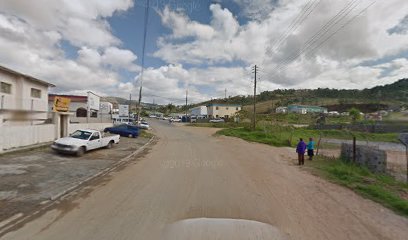
Lijaha Sisu Shisanyama
Experience the authentic taste of Eswatini with mouth-watering barbecue at Lijaha Sisu Shisanyama in Ngwenya.
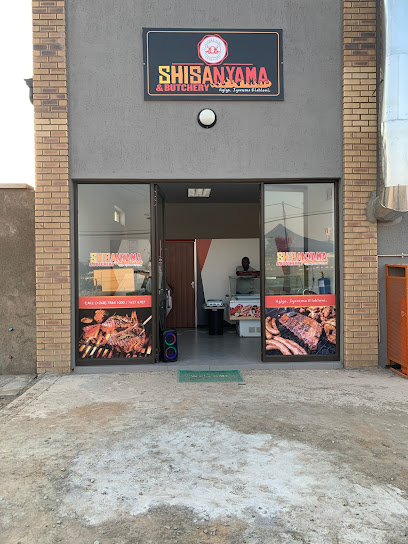
NCA'z pub and grill
Experience the vibrant nightlife at NCA'z Pub and Grill in Ngwenya, Eswatini, where local flavors and friendly atmosphere come together.
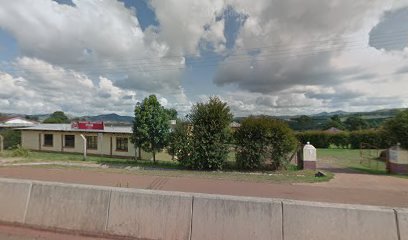
Local Phrases about Ngwenya Border Post
-
- HelloSawubona
[sawu-BOH-nah] - GoodbyeHamba kahle
[HAM-bah KAH-leh] - YesYebo
[YEH-boh] - NoCha
[chah] - Please/You're welcomeNgiyacela
[ngi-ya-CEH-lah] - Thank youNgiyabonga
[ngi-ya-BOH-nga] - Excuse me/SorryUxolo
[oo-SOH-loh] - How are you?Kunjani?
[koon-JAH-nee] - Fine. And you?Ngiyaphila. Wena?
[ngi-ya-PEE-lah. WEH-nah] - Do you speak English?Ukhuluma isiNgisi?
[oo-khoo-LOO-mah ee-SEE-ngi-see] - I don't understandAngiphenduli
[ahn-gee-PHEN-doo-lee]
- HelloSawubona
-
- I'd like to see the menu, pleaseNgicela ukubona imenyu, ngiyacela
[ngi-CEH-lah oo-koo-BOH-nah ee-MEH-nyoo, ngi-ya-CEH-lah] - I don't eat meatAngiyi kudla inhloko
[ahn-GEE-yee koo-dlah een-LOH-koh] - Cheers!Ongakhali
[ohn-gah-KHAH-lee] - I would like to pay, pleaseNgicela ukuphuma, ngiyacela
[ngi-CEH-lah oo-koo-POO-mah, ngi-ya-CEH-lah]
- I'd like to see the menu, pleaseNgicela ukubona imenyu, ngiyacela
-
- Help!Usizo!
[oo-SEE-zoh!] - Go away!Hamba!
[HAM-bah!] - Call the Police!Vula amaphoyisa!
[VOO-lah ah-mah-poh-YEE-sah!] - Call a doctor!Vula umthengi!
[VOO-lah oom-THEH-ngi!] - I'm lostNgikhohlwe
[ngi-KHOHL-weh] - I'm illNgiswela
[ngi-SWEH-lah]
- Help!Usizo!
-
- I'd like to buy...Ngicela ukuthenga...
[ngi-CEH-lah oo-koo-THEH-ngah...] - I'm just lookingNgicela ukuhamba kuphela
[ngi-CEH-lah oo-koo-HAHM-bah koo-PEH-lah] - How much is it?Kuyaphi?
[koo-YAH-pee?] - That's too expensiveLokhu kuyancane
[LOH-koo koo-yahn-CHAH-neh] - Can you lower the price?Ungangiphenduli?
[oo-ngahn-gee-PHEN-doo-lee?]
- I'd like to buy...Ngicela ukuthenga...
-
- What time is it?Kuyaphi?
[koo-YAH-pee?] - It's one o'clockKuyaphi?
[koo-YAH-pee?] - Half past (10)Isigidi esikujulile
[ee-SEE-gee-dee eh-see-koo-joo-LEE-leh] - MorningEkuseni
[eh-koo-SEH-nee] - AfternoonEmini
[eh-MEE-nee] - EveningKusasa
[koo-SAH-sah] - YesterdayIzolo
[ee-ZOH-loh] - TodayNamhlanje
[nahm-HLAHN-jeh] - TomorrowKusasa
[koo-SAH-sah] - 1Lobusuku
[LOH-boo-SOO-koo] - 2Kubili
[koo-BEE-lee] - 3Kuthathu
[koo-TAH-t'hoo] - 4Kune
[koo-neh] - 5Kuhlanu
[koo-HLAH-noo] - 6Kugcwele
[koo-GCWAY-leh] - 7Kukhombisa
[koo-khohm-BEE-sah] - 8Kukhombole
[koo-khohm-BOH-leh] - 9Kunthenda
[koo-ntehn-DAH] - 10Lukhulu
[loo-KHOO-loo]
- What time is it?Kuyaphi?
-
- Where's a/the...?Kuhlupheka kuphi...?
[koo-loo-PHEH-kah koo-pee...?] - What's the address?Indawo yikuphi?
[een-DAH-woh yee-koo-pee?] - Can you show me (on the map)?Ungangibonisa (emaphaketheni)?
[oo-ngahn-gee-boh-NEE-sah (eh-mah-pah-keh-THEH-nee)?] - When's the next (bus)?Kuyaphi ekuqaleni?
[koo-YAH-pee eh-koo-kah-LEH-nee?] - A ticket (to ....)Itikithi (ku ....)
[ee-tee-KEE-thee (koo ....)]
- Where's a/the...?Kuhlupheka kuphi...?
History of Ngwenya Border Post
-
Ngwenya, meaning 'crocodile' in siSwati, is home to one of the world's oldest mines, dating back over 43,000 years. The San people, who were the earliest inhabitants of the region, mined hematite and specularite for use in cosmetics and rituals. This mining activity marks one of the earliest forms of human industry in the area.
-
During the late 19th century, when European colonial powers were carving up Africa, the border between Eswatini (then Swaziland) and South Africa was formally established. Ngwenya Border Post became a crucial point of passage, marking the division between British-controlled Eswatini and the Boer Republics of South Africa.
-
The Ngwenya Mine, located just a few kilometers from the border post, is one of the oldest known mines in the world. It was extensively mined during the Iron Age, and later, in the 20th century, for its high-quality iron ore. The mine significantly influenced the local economy and culture, with mining activities shaping the livelihoods of many local communities.
-
During the apartheid era in South Africa, Ngwenya Border Post saw many political refugees fleeing the oppressive regime. The border was a lifeline for those seeking sanctuary in Eswatini, which remained relatively peaceful compared to its neighbor. This period also saw heightened security and the establishment of more rigorous border controls.
-
Today, Ngwenya Border Post is a bustling gateway between Eswatini and South Africa. It facilitates trade, tourism, and cultural exchange, making it a vital point of connection for both countries. The border post has modernized over the years, incorporating advanced security measures and efficient processing systems to accommodate the high volume of travelers and goods.
-
The area surrounding Ngwenya Border Post is rich in cultural heritage sites and natural beauty. Efforts have been made to preserve the ancient mining sites and promote sustainable tourism. The Ngwenya Glass Factory, located nearby, is a significant cultural landmark, showcasing local craftsmanship and recycling efforts. Visitors can explore the area's history through guided tours and exhibitions.
Ngwenya Border Post Essentials
-
Ngwenya Border Post is one of the main entry points into Eswatini, located near the town of Ngwenya. The nearest major city is Mbabane, which is approximately 20 kilometers away. The border post can be accessed by road from South Africa through the Oshoek Border Post, which is around 2.5 hours' drive from Johannesburg. Alternatively, you can fly into King Mswati III International Airport and take a taxi or rental car to reach Ngwenya Border Post.
-
Once at Ngwenya Border Post, transportation options include taxis, rental cars, and local minibuses known as 'kombi.' Taxis are readily available and can be booked for short trips or full-day excursions. Kombis are a more economical option but can be crowded and less frequent. Renting a car provides the most flexibility for exploring the surrounding areas, including the nearby Ngwenya Glass Factory and the Malolotja Nature Reserve.
-
The official currency in Eswatini is the Swazi Lilangeni (SZL), which is pegged to the South African Rand (ZAR). Both currencies are widely accepted. Credit cards are generally accepted in hotels, restaurants, and larger shops, but it is advisable to carry cash for smaller establishments and markets. ATMs are available near the border post, but it's wise to withdraw sufficient cash before traveling.
-
Ngwenya Border Post and its surrounding areas are generally safe for tourists. However, it is advisable to take standard precautions such as not walking alone at night and keeping an eye on your belongings. While the crime rate is relatively low, it's best to stay vigilant in crowded areas and avoid displaying valuables. There are no specific high-crime areas targeting tourists, but always be cautious and aware of your surroundings.
-
In case of emergency, dial 999 for immediate assistance. The nearest medical facilities are located in Mbabane, which is about a 20-minute drive from the border post. It is highly recommended to have travel insurance that covers medical emergencies. For minor health issues, pharmacies can be found in Mbabane where you can purchase over-the-counter medications.
-
Fashion: Do dress modestly, especially when visiting religious sites. Avoid wearing revealing clothing. Religion: Do respect local customs and traditions. Always remove your hat and sunglasses when entering places of worship. Public Transport: Do be respectful and give up your seat to elderly passengers. Don't eat or drink on public transport. Greetings: Do greet people with a handshake. A slight bow of the head is also a sign of respect. Eating & Drinking: Do try local delicacies and accept food offerings graciously. Don’t refuse hospitality, as it is considered impolite.
-
To experience Ngwenya Border Post like a local, visit the Ngwenya Glass Factory where you can watch skilled artisans at work and purchase unique glassware. Engage with locals, as they are often friendly and willing to share stories about the area's history and culture. Don't miss visiting the nearby Malolotja Nature Reserve for stunning landscapes and wildlife. For a unique experience, try a traditional Swazi meal at a local eatery.
Nearby Cities to Ngwenya Border Post
-
Things To Do in Malkerns
-
Things To Do in Manzini
-
Things To Do in Nelspruit
-
Things To Do in Mhlume
-
Things To Do in Big Bend
-
Things To Do in Matola
-
Things To Do in Maputo
-
Things To Do in Pretoria
-
Things To Do in Johannesburg
-
Things To Do in Polokwane
-
Things To Do in Mokhotlong
-
Things To Do in Butha-Buthe
-
Things To Do in Durban
-
Things To Do in Leribe
-
Things To Do in Thaba-Tseka





